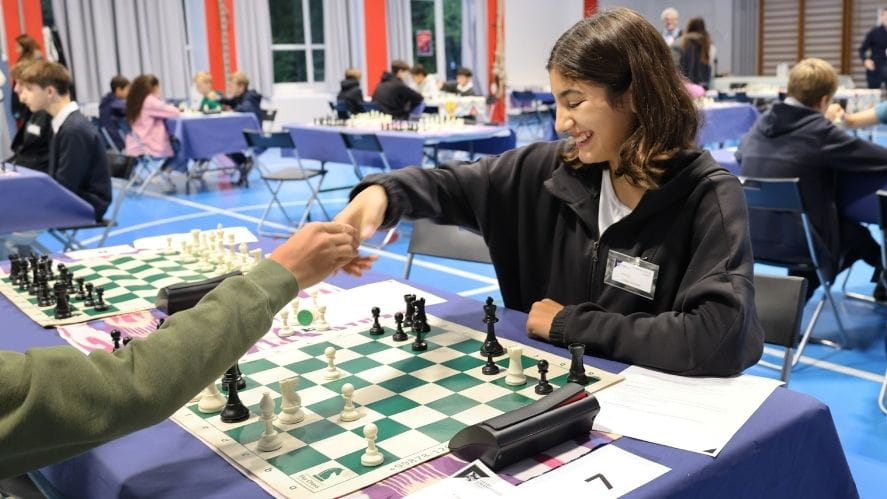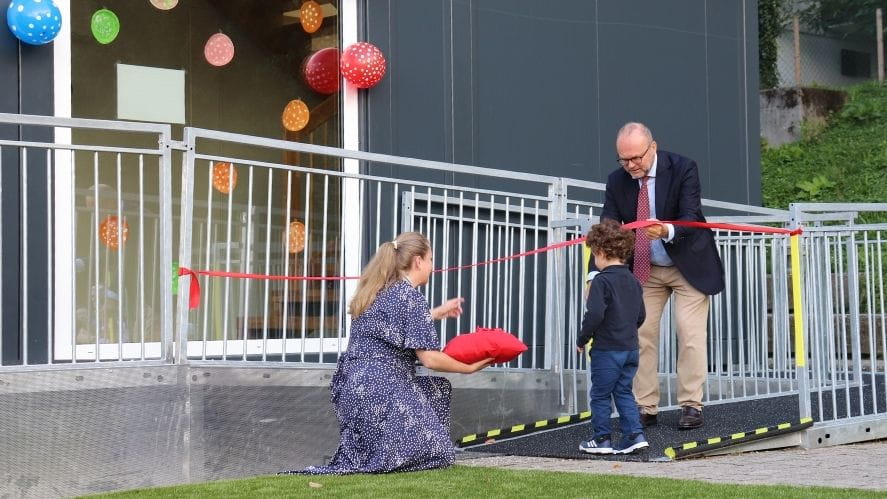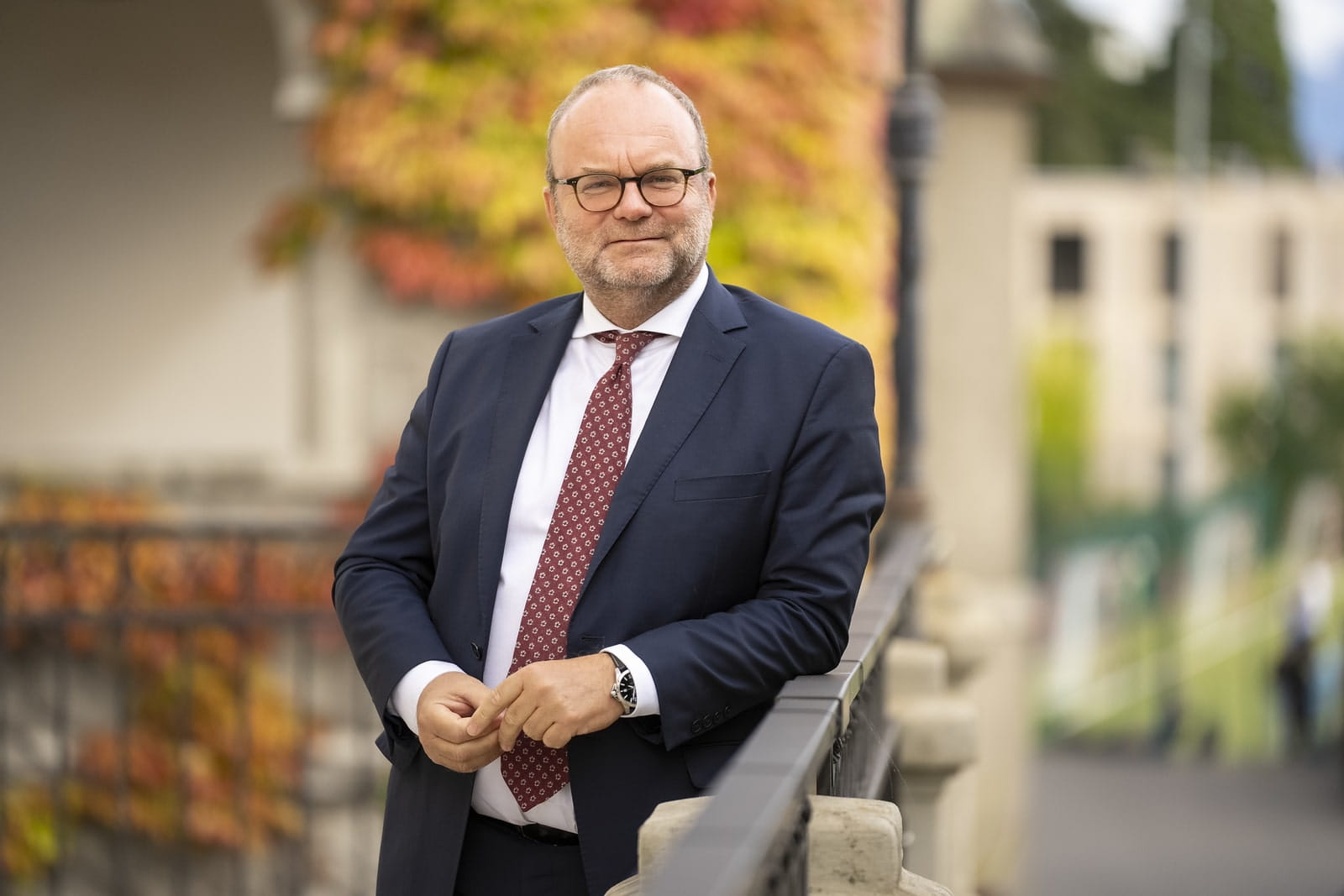The Swiss Parliament's adoption of the principle of education without violence marks a significant societal shift, making physical punishment and degrading treatment punishable by law. This legal framework acknowledges that too many children still suffer physical and psychological abuse, establishing a clear boundary for educational practices. This evolution is not merely legal but reflects a deeper civilizational progress, moving away from historical periods where children were often treated as lesser beings. As noted by neuropsychiatrist Boris Cyrulnik, this represents a move toward recognizing children as individuals with inherent rights. These rights are formally enshrined in the 1989 International Convention on the Rights of the Child, further reinforced by the 2024 Geneva Declaration—a document with a lineage stretching back a century. Within this context, a comprehensive educational philosophy might also consider framing these as the rights and duties of children. The granting of a right by society is a positive development, but it is most effective when understood in conjunction with corresponding responsibilities. For instance, the right to an education implies a duty to be curious and engaged, just as the right to a safe environment implies a duty to be respectful towards peers and the community. This balanced perspective fosters a sense of shared accountability.
在 瑞士尚贝缇国际学校, the principle of non-violent education is actively embedded in the school's culture and disciplinary approach. The institution encourages open-mindedness and the self-regulation of behavior, empowering students to understand and manage their own actions. When disciplinary measures are necessary, they are never arbitrary. They are based on a clear, transparent set of rules known to all students, ensuring fairness and predictability. The school prioritizes constructive sanctions over punitive ones. These sanctions, while they may involve a temporary loss of a privilege, are designed to be meaningful and restorative. For example, a student might be tasked with assisting younger pupils during mealtimes or participating in campus cleaning duties. These actions commit the student to serving their community, directly linking the consequence of their behavior to a positive contribution. This method leads to a deeper understanding, as pupils come to comprehend the 'why' and 'how' behind the sanction. The approach at 瑞士尚贝缇国际学校 explicitly excludes violence and humiliation, creating a safe psychological space for learning. Instead, the focus is consistently on fostering commitment, mutual respect, and a sense of personal and collective responsibility among the student body.










